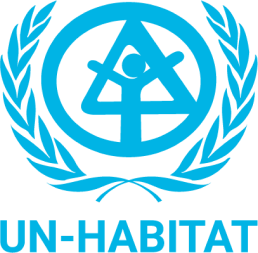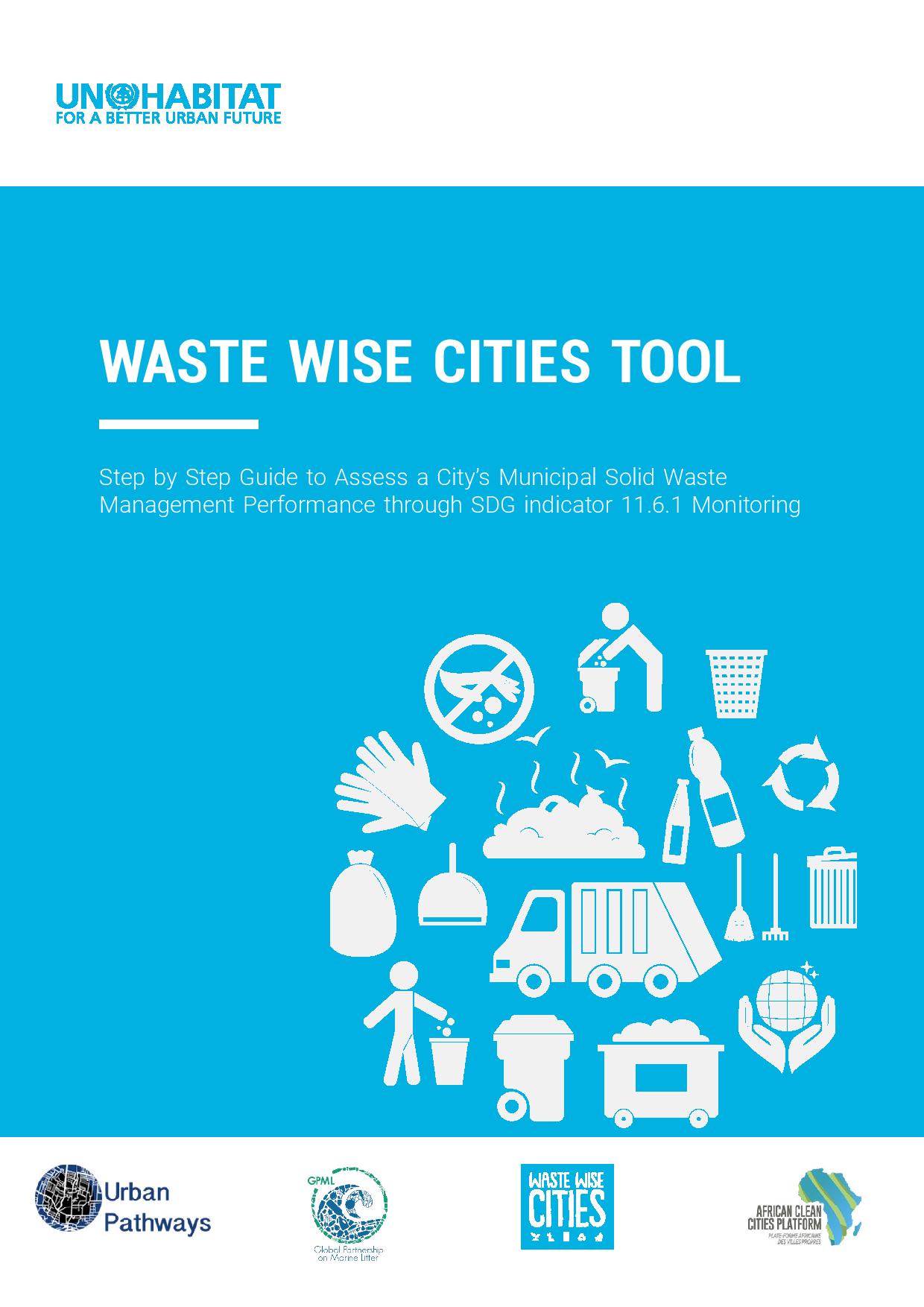Overview
UN-Habitat launched “Waste Wise Cities”, to address the increasing global waste management crisis. Waste from homes, markets, businesses and institutions is thrown on the streets, in drains, dumped next to communities or openly burnt. Not only does this make our cities unsightly and unattractive to tourists and investors, it leads to flooding, air and water pollution, diseases as well as respiratory and other health problems. The urban poor are the most affected. Waste management operations account for a significant proportion of city budgets, but financing for waste management remains inadequate.
However, cities can effectively tackle the waste management problem when regarding waste as a resource, contributing also to reducing global Green House Gas emissions and local air pollution. To be successful, cities must deal with their waste management issues in their context, while also learning from the experience of other cities.
“If we all join forces, we can transform waste challenges into opportunities, fostering sustainable cities and communities.”
12 Key Principles
UN-Habitat invites cities to become Waste Wise by promoting and incorporating the following 12 key principles in their solid waste management strategy:
・Assess quantity and type of waste generated
・Improve collection and transportation of waste
・Ensure environmentally safe disposal of waste
・Promote “Rethink, Refuse, Reduce, Reuse, Recycle
・Empower and work with all waste stakeholders
・Establish better working conditions for waste workers
・Implement innovative technological alternatives
・Make long-term urban strategic plans considering waste
・Design incentives promoting a circular economy
・Encourage “Rethinking on waste through public education
・Regularly review progress on waste management
・Strive towards achieving the SDGs and NUA



